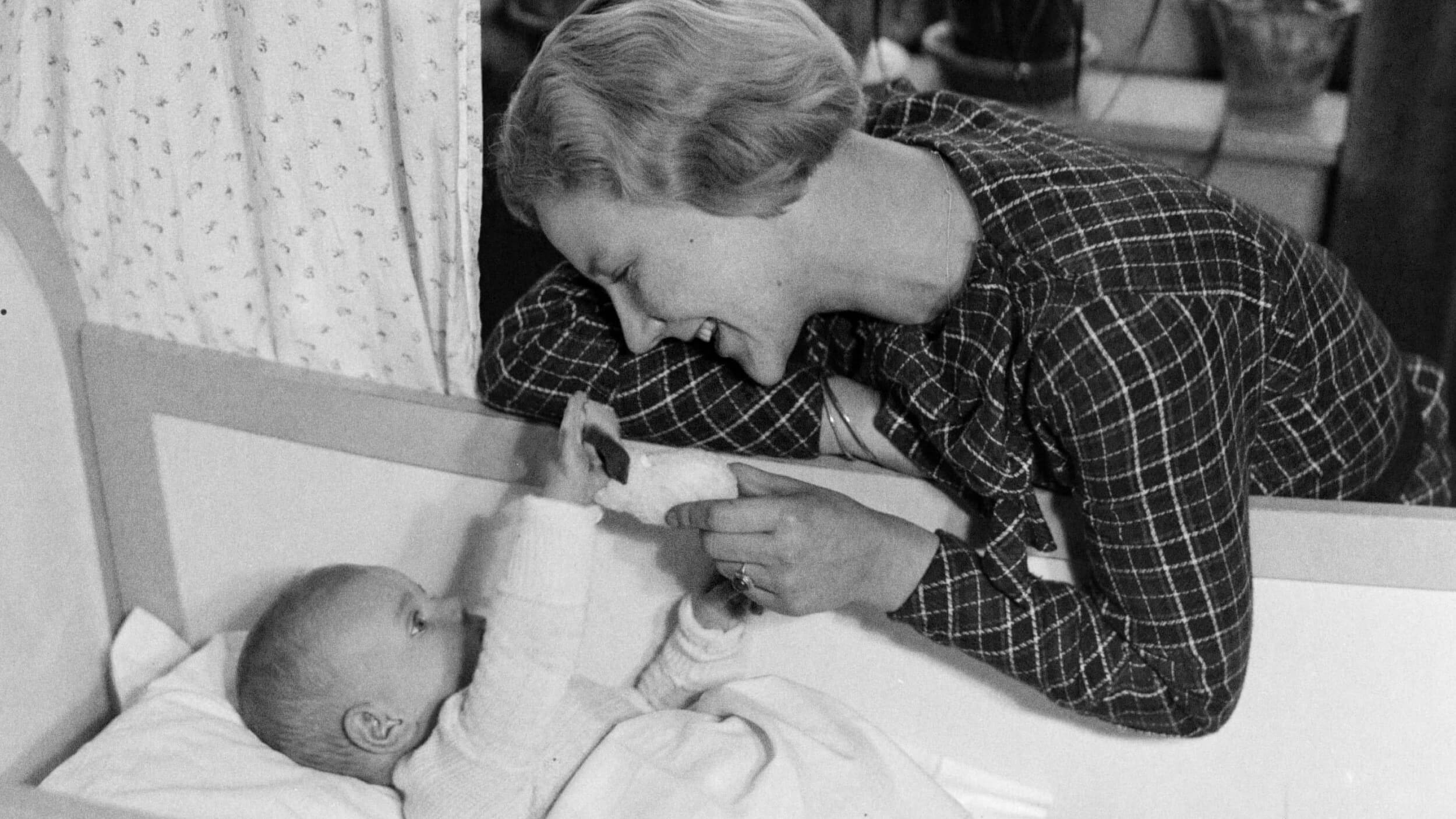For the first time in 15 years, Hofmann is optimistic that we are near a cure for AIDS. In fact, it seems that one man may have already been cured.
Question: Who is the "Berlin patient?"
Regan Hofmann: he first time actually in the history of the scientific examination of HIV we have seen a case where the person has theoretically had HIV eliminated from their body.
So in 2008, we actually heard about the case of the Berlin patient, an American living in Germany who was a person with leukemia who was treated with chemotherapy and then given a stem cell transplant, post-chemotherapy that involved injecting stem cells into his body that had been harvested from a person who had what is known... who had a certain genetic mutation that enabled their body to produce CD4 or T-cells that do not have the CCR5 receptors on them. The CCR5 receptors are necessary for HIV to bind to the T-cell, which is how the virus attacks the immune system. It binds the T-cell, uses its DNA and kills it in the process.
So a person with certain genetic mutations whose T-cells naturally occurs without CCR5 receptors is immune to HIV. And in the case of the Berlin patient, these stem cells were introduced to this body and they replicated within his body, and theoretically and apparently, HIV has been able to be controlled without the presence of antiretroviral medications.
So the patient is still being studied then and we are still trying to know for sure whether or not there is any virus existing in latent reservoirs or in any tissue of the brain or any other parts of his body. So it can’t be definitively called a "cure." Some will say that we actually cured someone of HIV.
So there is a lot of debate about the issue, but certainly what we’ve learned from the case of the Berlin patient has advanced cure research enormously and it is the basis for many ongoing research projects right now that are looking at the ways in which the CCR5 deletion can actually be part of the therapy that keeps people alive.
And there are many more actually, many more breakthroughs and realizations and scientific... exciting things are happening. Too many to cover in this program, but it’s a very, very pivotal time in AIDS science and a lot of what we’ve worked on for years is sort of beginning to come to fruition. So it’s a time for renewed investment and renewed attention to the research field.
Recorded November 23, 2010
Interviewed by Max Miller
Directed / Produced by Jonathan Fowler





